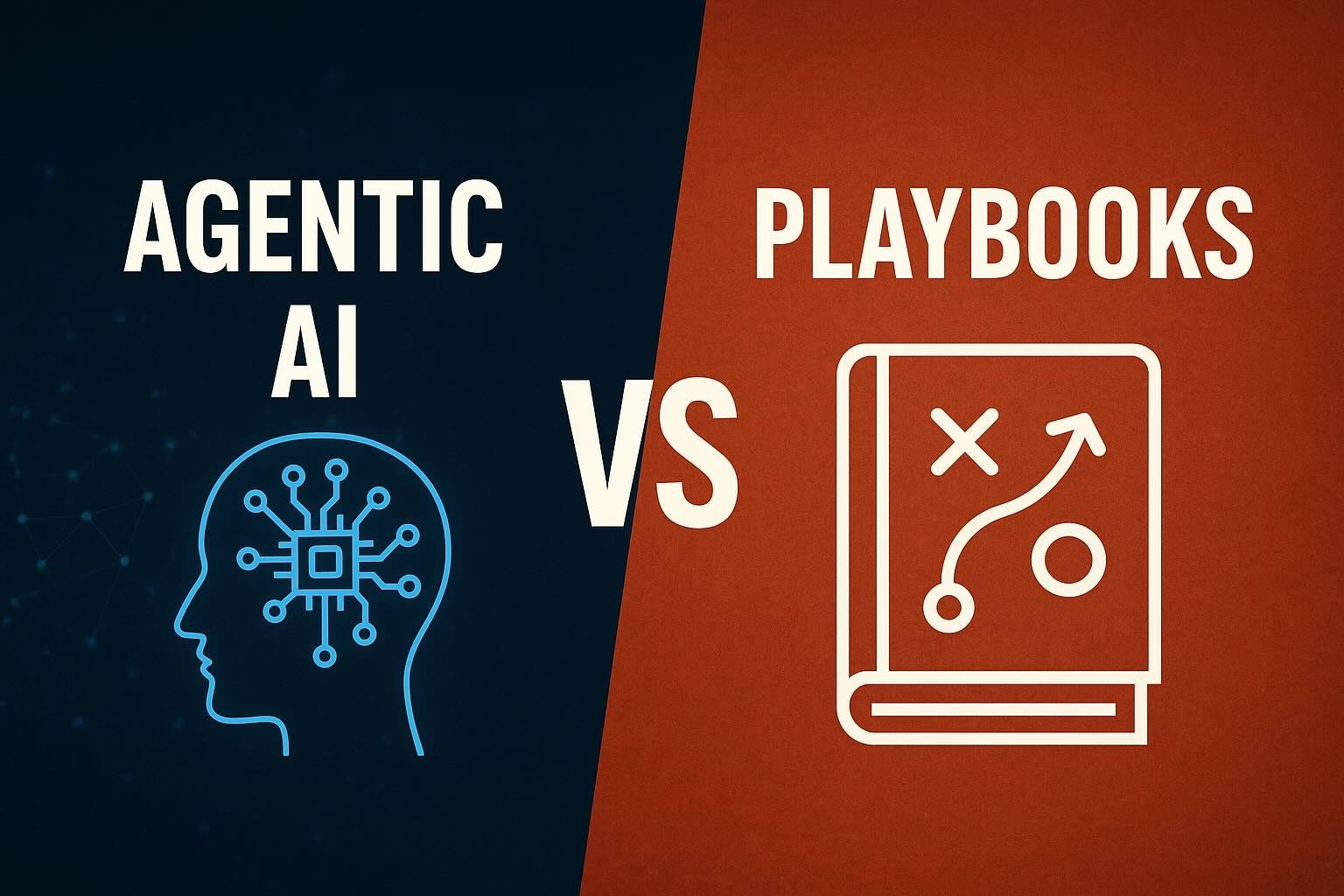CSM Playbooks in an Agentic World {2025}

Why Agentic AI Renders Traditional CSM Playbooks Obsolete
In the rapidly evolving landscape of business operations, the traditional reliance on static CSM playbooks is being challenged by the emergence of agentic artificial intelligence (AI). These autonomous AI systems are transforming how organizations approach customer engagement, sales, and operational efficiency, offering dynamic, real-time solutions that adapt to ever-changing scenarios.(Business Insider)
Understanding Agentic AI
Agentic AI refers to autonomous systems capable of making decisions and performing tasks without human intervention. Unlike traditional AI models that follow predefined rules, agentic AI systems learn from data, adapt to new information, and make context-aware decisions. They utilize techniques such as reinforcement learning and deep learning to continuously improve their performance over time.
The Limitations of Traditional CSM Playbooks
Traditional CSM playbooks are structured guides that outline specific procedures and responses for various business scenarios. While they provide a standardized approach, they often lack the flexibility to adapt to unexpected situations or rapidly changing market conditions. This rigidity can lead to inefficiencies and missed opportunities, especially in dynamic environments where real-time decision-making is crucial.(Dialpad)
Agentic AI: A Dynamic Alternative
Agentic AI systems offer a dynamic alternative to traditional CSM playbooks by providing real-time, personalized responses based on current data and context. For instance, in customer service, agentic AI can analyze a customer’s interaction history, detect patterns, and proactively address issues before they escalate. This proactive approach enhances customer satisfaction and reduces churn. (Business Insider, Medium)
In sales, agentic AI can identify potential leads, suggest personalized engagement strategies, and adapt to customer responses in real-time, thereby increasing conversion rates and revenue growth. Unlike static playbooks, these AI systems continuously learn and refine their strategies based on outcomes, leading to ongoing improvement.
Real-World Applications
Companies across various industries are leveraging agentic AI to streamline operations and enhance customer experiences. For example, Qualtrics utilizes agentic AI to personalize customer interactions, detect digital frustrations, and provide timely assistance, thereby improving customer engagement and loyalty. (Business Insider)
In the media industry, agentic AI is revolutionizing content creation and distribution by analyzing audience preferences and delivering personalized content across multiple channels. This level of personalization was previously unattainable with traditional CSM playbooks. (ateliere.com)
Challenges and Considerations
While agentic AI offers significant advantages, it also presents challenges that organizations must address. These include ensuring data privacy, managing ethical considerations, and establishing accountability for AI-driven decisions. Moreover, integrating agentic AI into existing systems requires careful planning and change management to ensure a smooth transition.
Conclusion
The advent of agentic AI signifies a paradigm shift in how businesses operate, moving away from rigid, static playbooks towards dynamic, adaptive systems that can respond to real-time data and evolving circumstances. By embracing agentic AI, organizations can enhance efficiency, improve customer satisfaction, and stay ahead in a competitive landscape.
Recommended Resources:
- Agentic Artificial Intelligence
- Building Agentic AI Systems
- Microsoft Copilot AI
- Learning Salesforce Einstein
